Prawybory 2015: Nowoczesna górą!
W czwartek 22 października 2015 r., przed wyborami ogólnopolskimi, odbyły się w naszej szkole prawybory do Sejmu RP. Ich wyniki znacznie odbiegały od faktycznych rezultatów wyborów. Wygrała .Nowoczesna, która zdobyła blisko połowę głosów. Dużym poparciem cieszyła się także Platforma Obywatelska, która zdobyła poparcie ponad jednej czwartej głosujących. Uczniowie i nauczyciele oddawali swoje głosy z wielką chęcią. Ich opinie oraz dokładne wyniki wyborów można znaleźć poniżej.
Głosowałem na Partię Razem, ponieważ odpowiadają mi ich liberalne poglądy i spojrzenie na świat. 75% podatku dla najbogatszych to dla mnie przesada, jednak i tak nie udałoby im się tego zrealizować, a resztę poglądów mieliśmy dość spójną.
- uczeń IB1
Wybrałam i głosowałam na .Nowoczesną, dla...
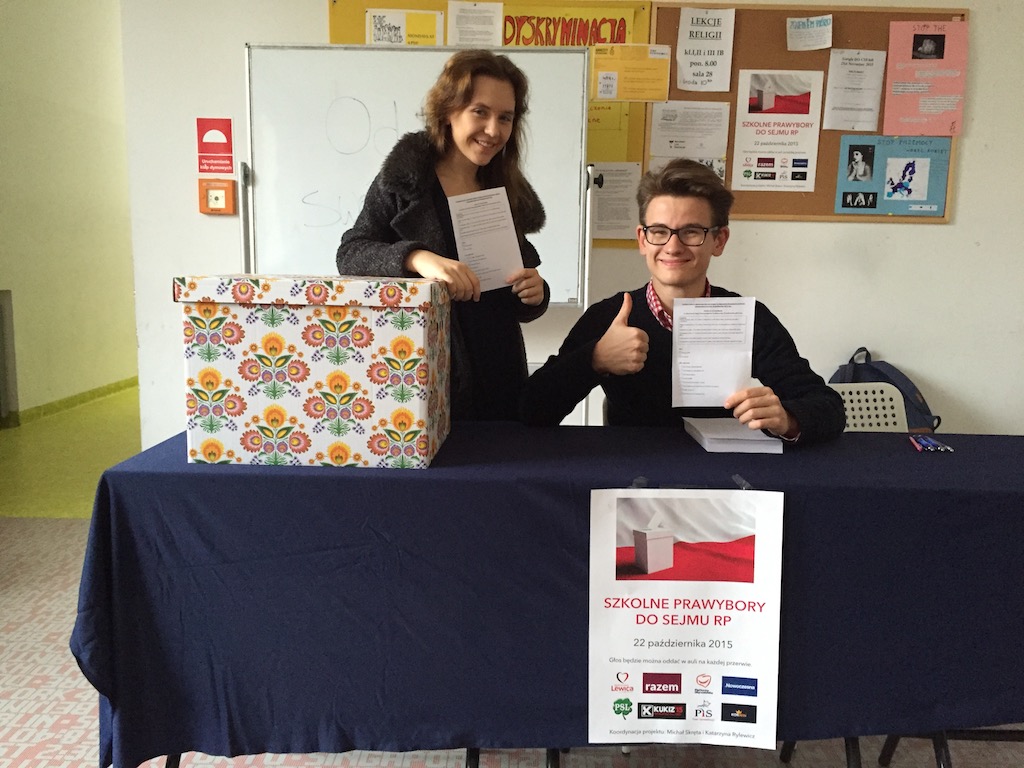
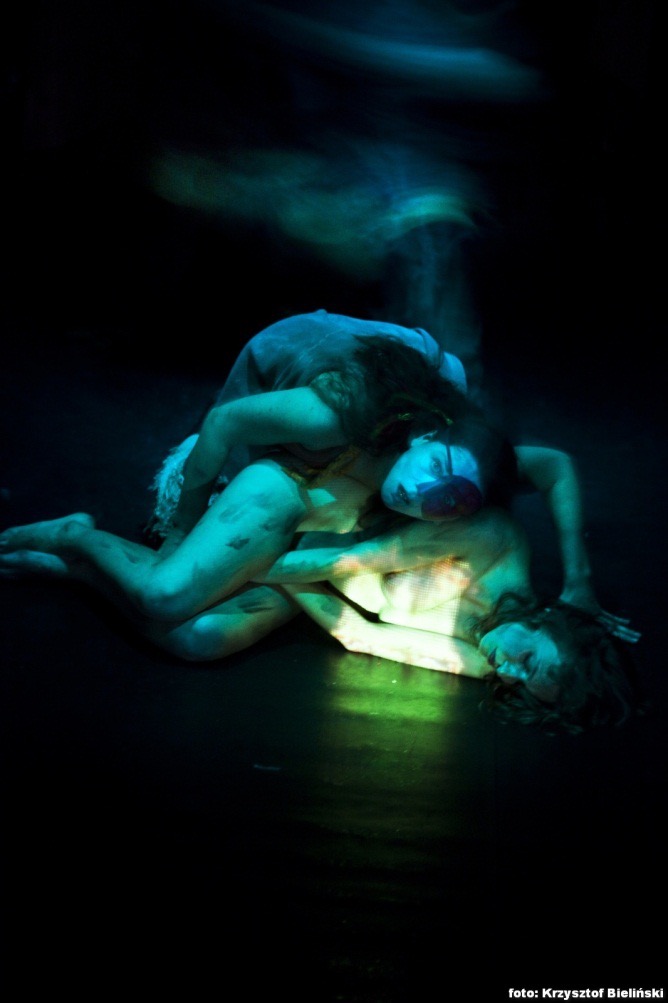
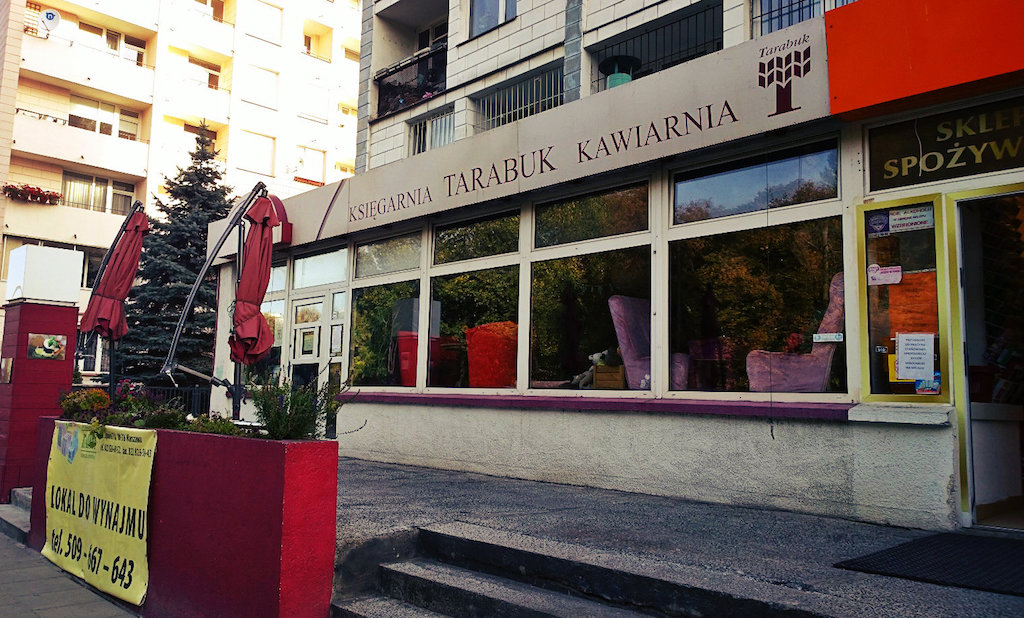
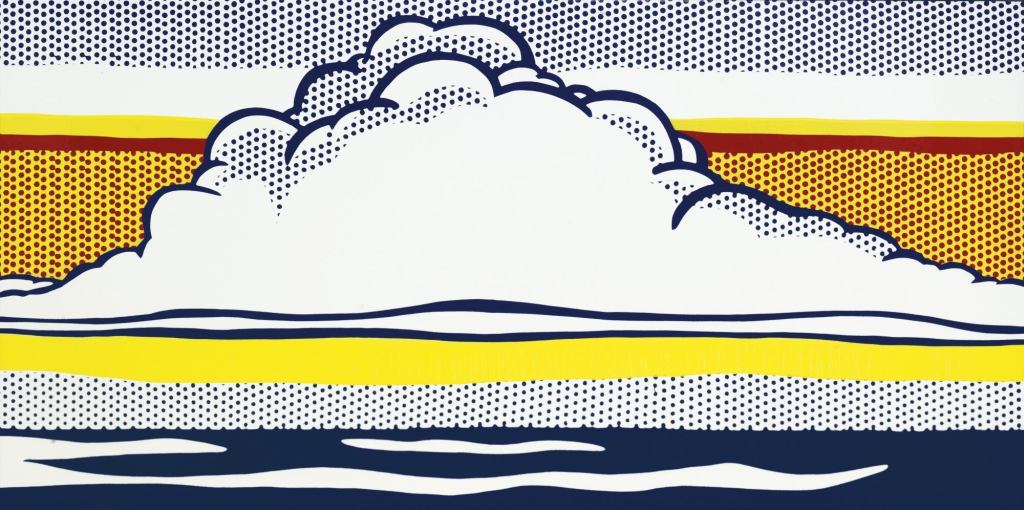
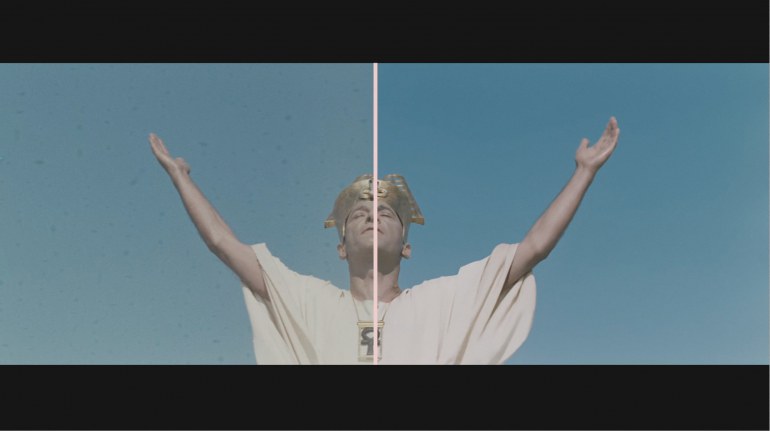
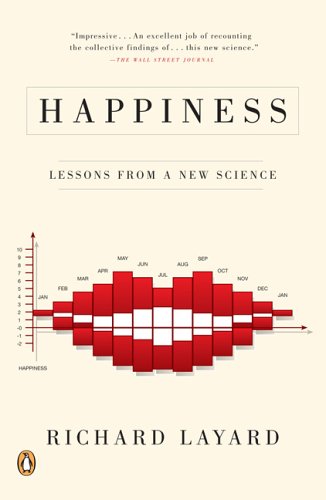
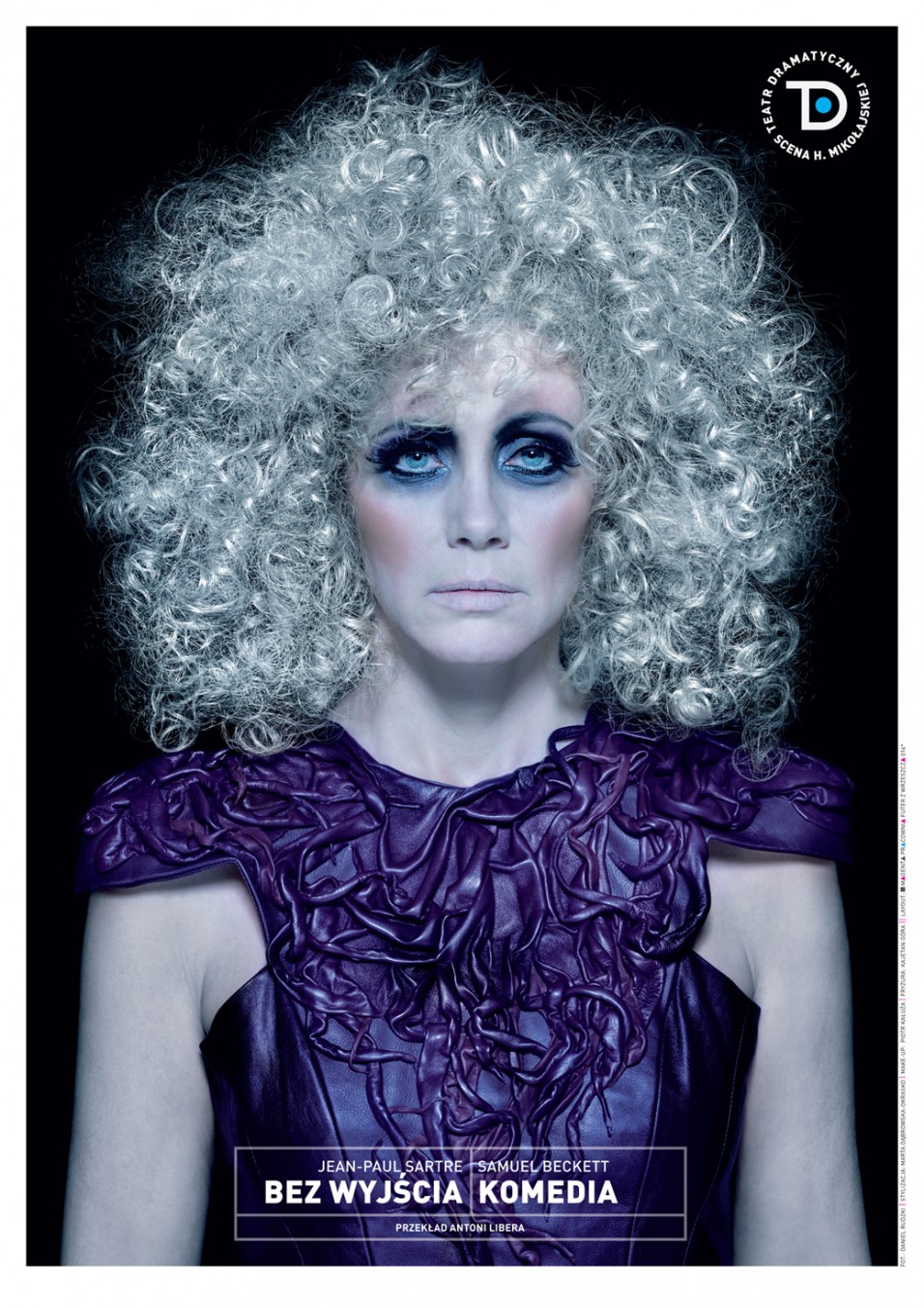
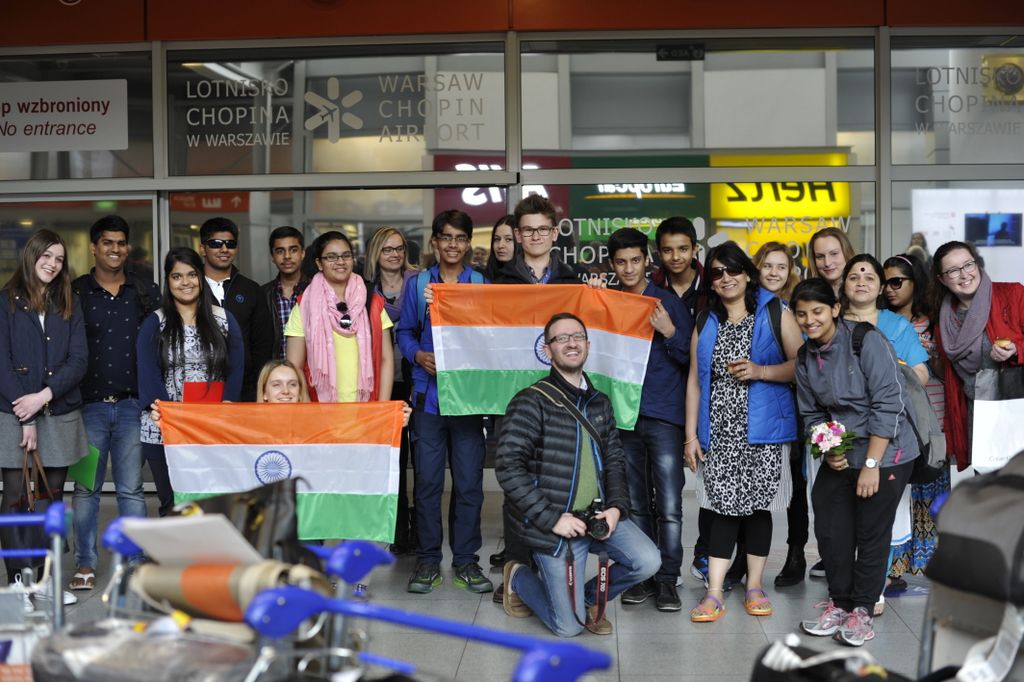
![Ciekawa Fizyka cz. 2 – Rozszczepienie światła, feat. Przemysław Miszta [WIDEO]](https://ibzine.ibrasz.pl/wp-content/uploads/2015/05/Ciekawa-fizyka-2.jpg)
![Piketty: Capital in the Twenty-First Century [Review]](https://ibzine.ibrasz.pl/wp-content/uploads/2015/04/Piketty.jpg)